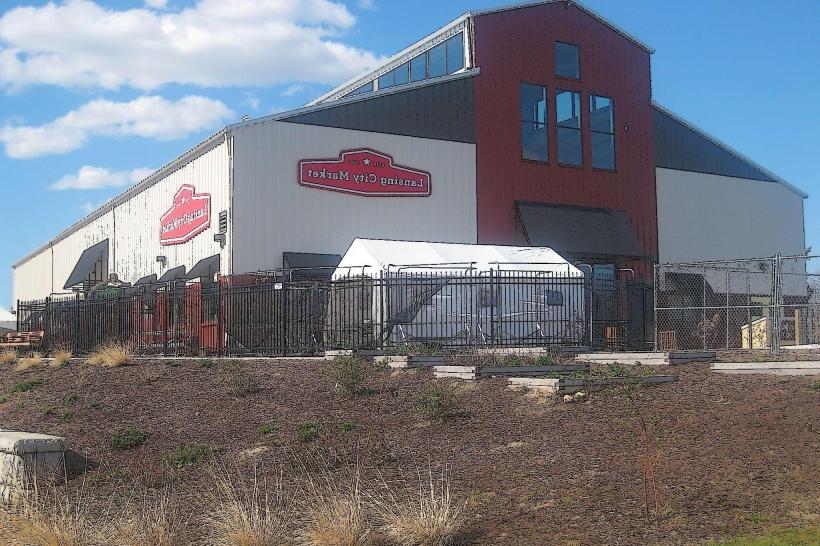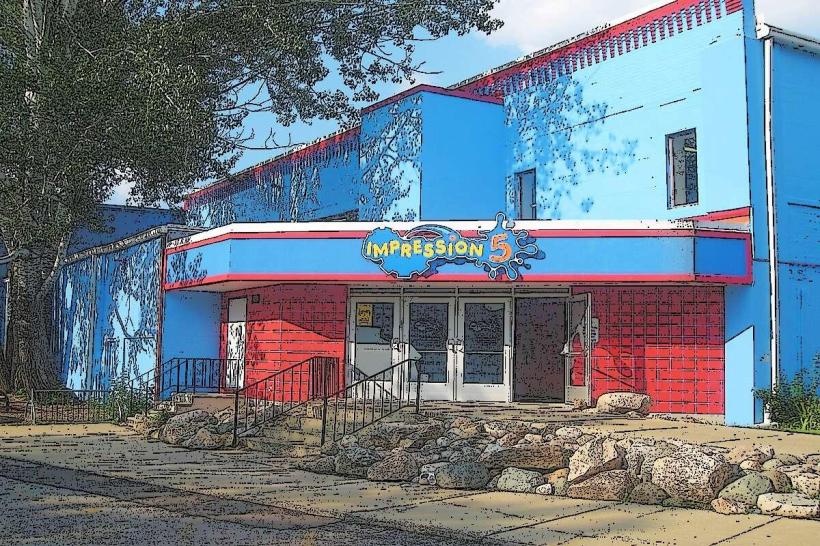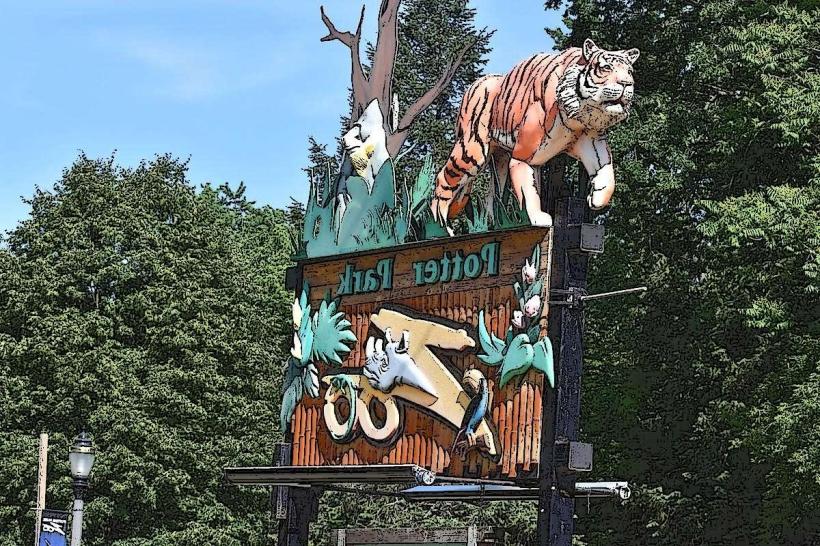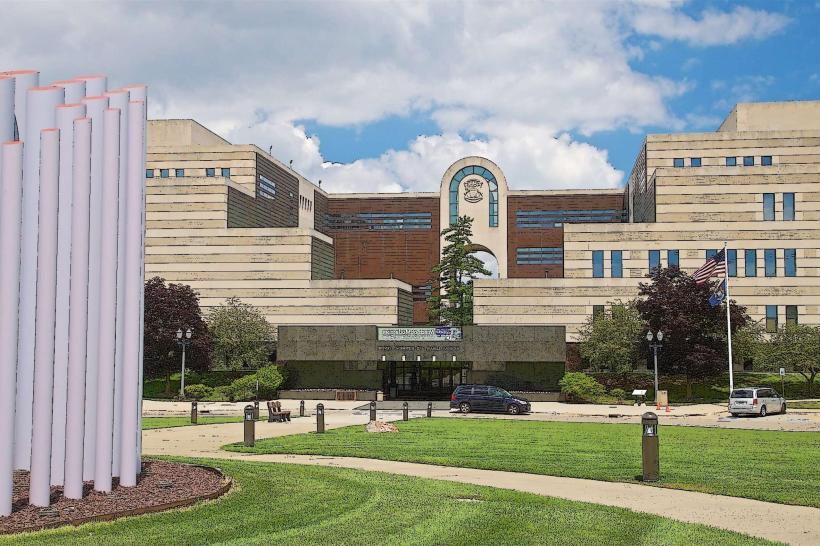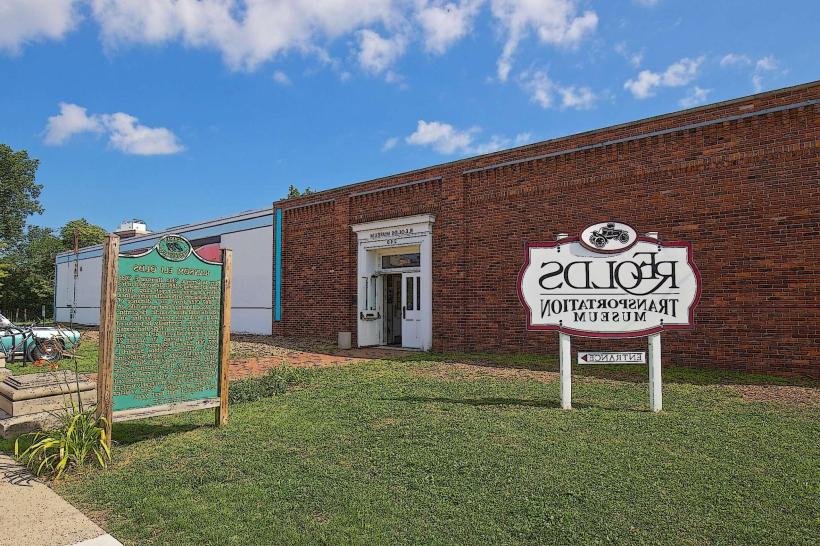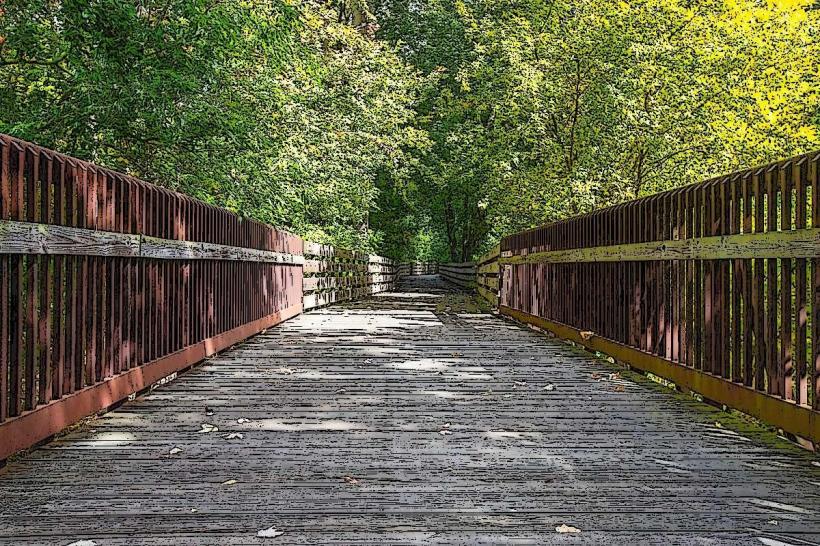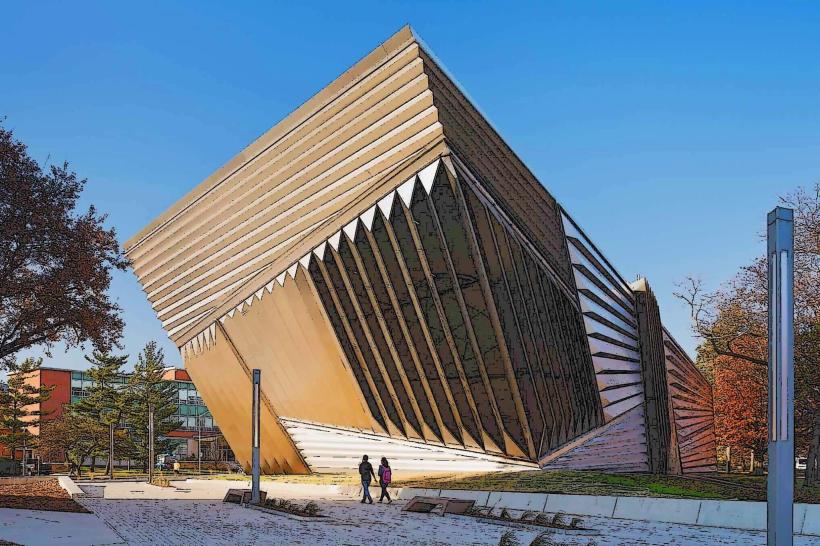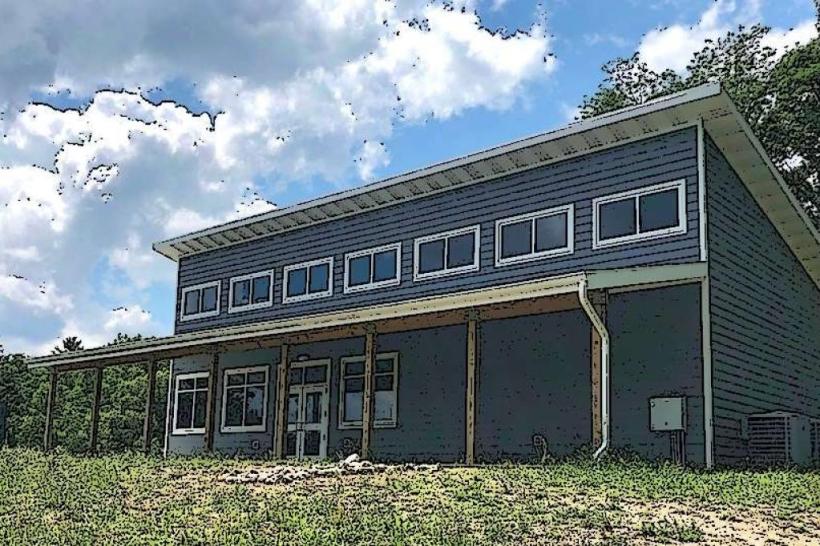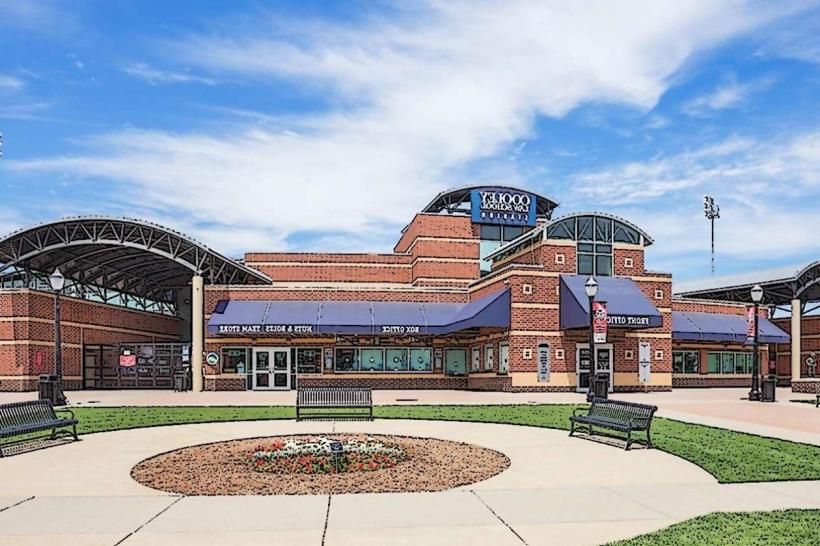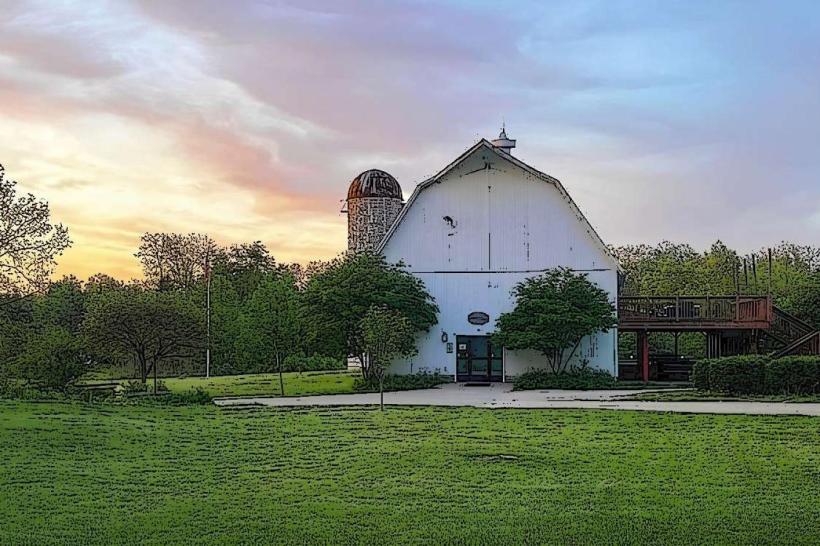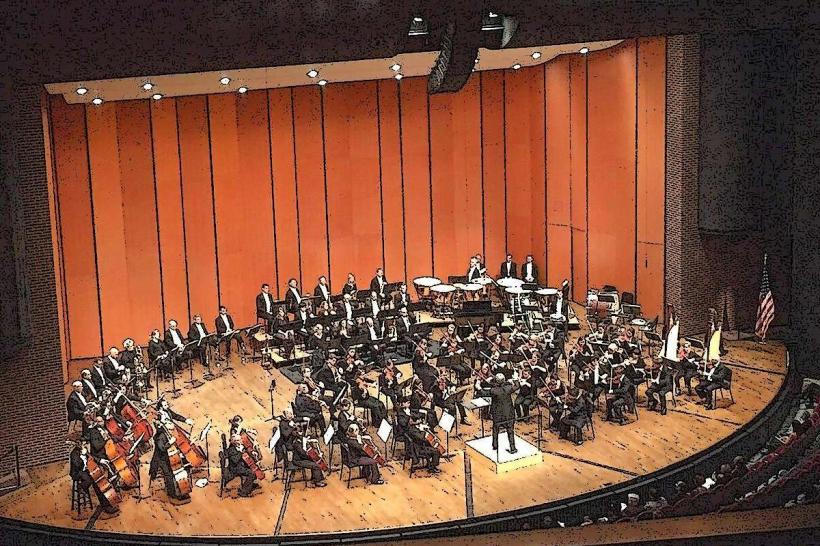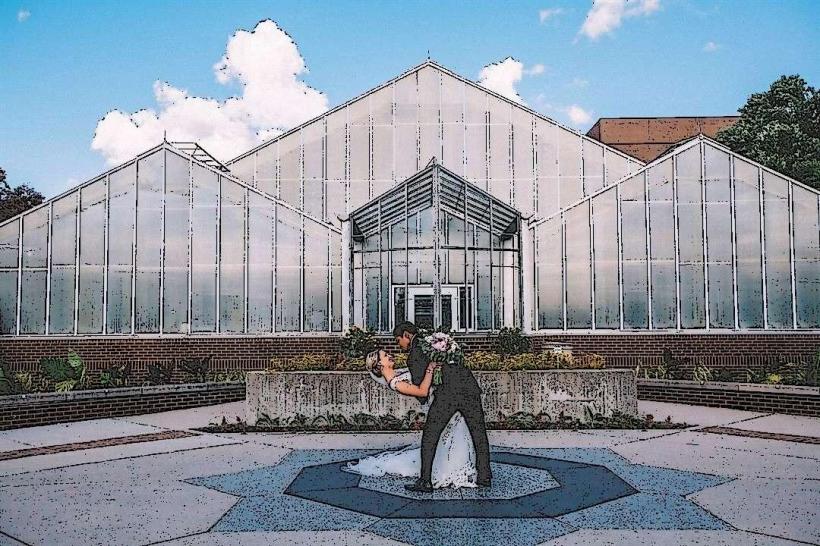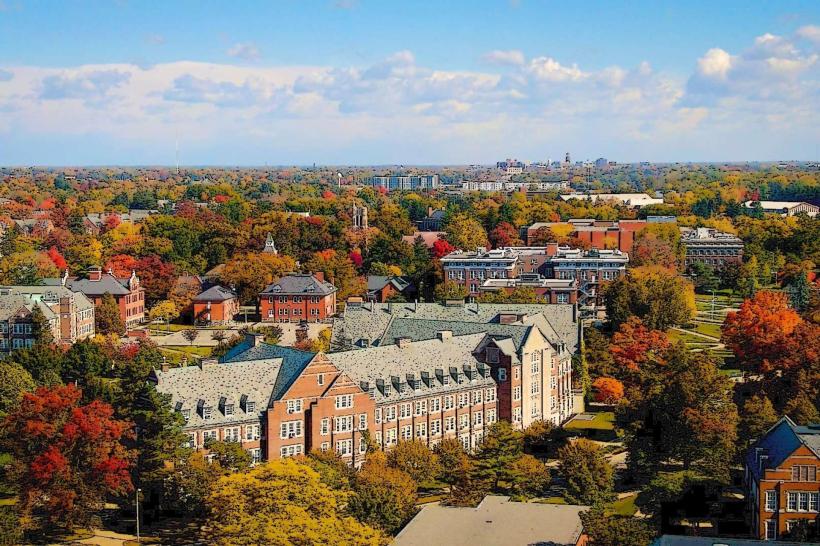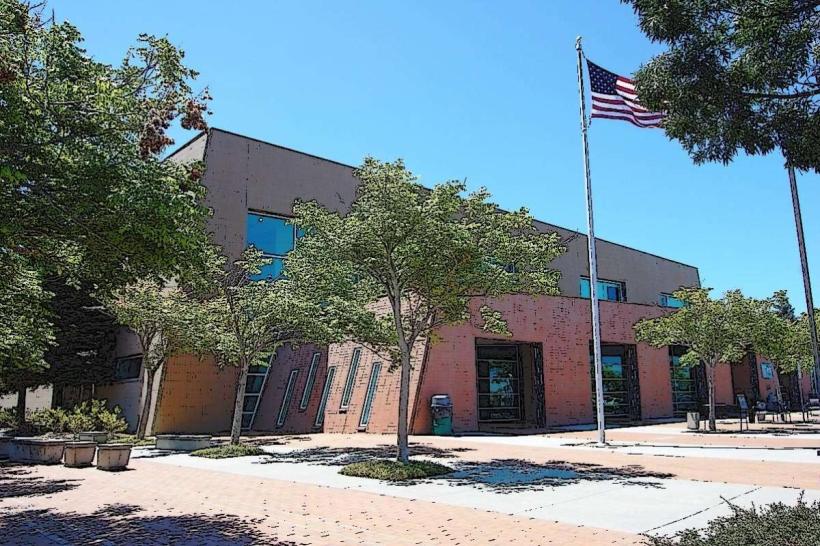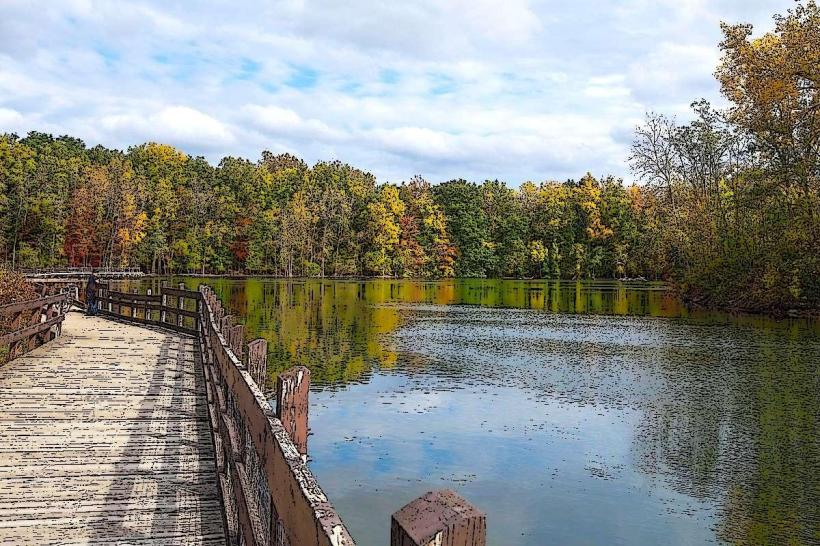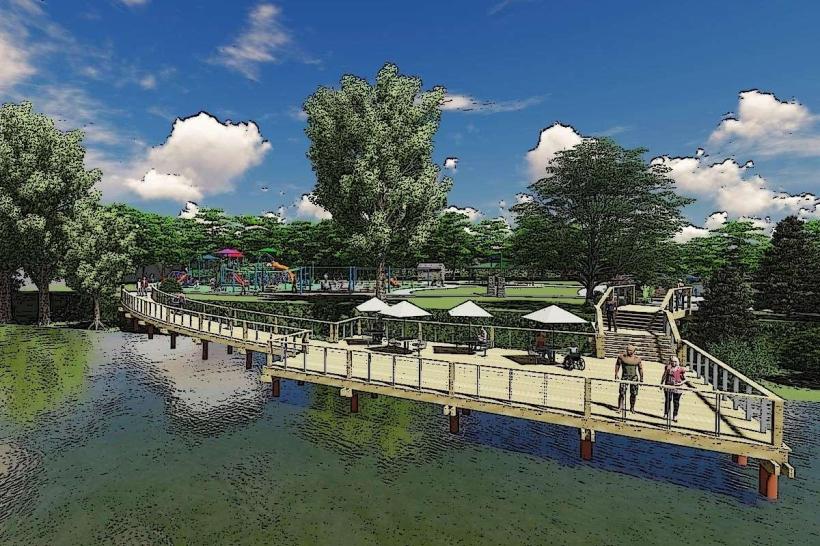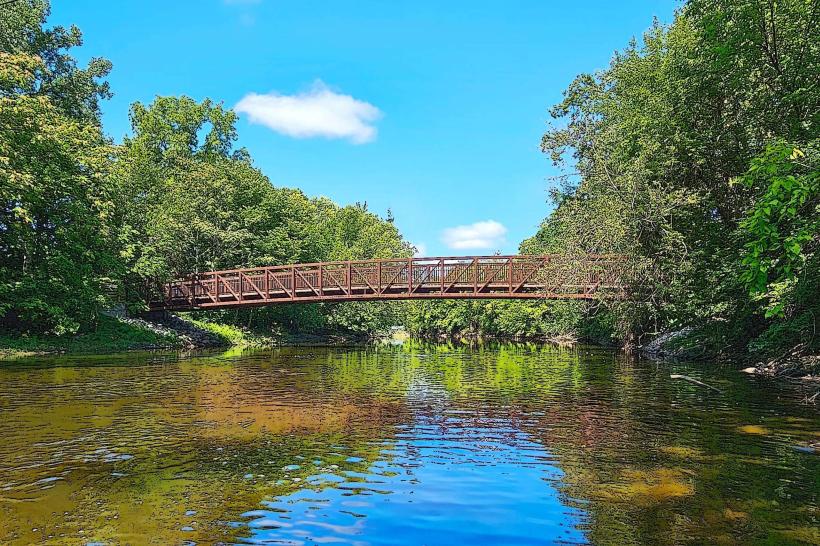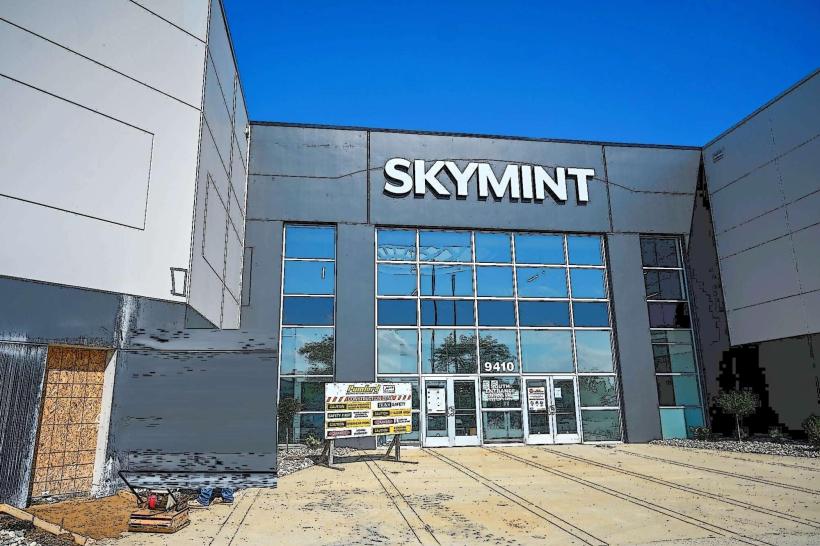Information
Landmark: Michigan State CapitolCity: Lansing
Country: USA Michigan
Continent: North America
Michigan State Capitol, Lansing, USA Michigan, North America
The Michigan State Capitol is a historic government building located in Lansing, Michigan. It serves as the meeting place for the Michigan Legislature.
Visual Characteristics
The capitol building is constructed primarily of sandstone and granite. Its dome is copper, oxidized to a green patina. The structure stands four stories high, excluding the dome and its lantern. It is designed in the Renaissance Revival architectural style, featuring elaborate ornamentation, Corinthian columns, and a central rotunda.
Location & Access Logistics
The Michigan State Capitol is situated at Capitol Avenue and Michigan Avenue in downtown Lansing. It is approximately 1 mile (1.6 km) west of the city center. Ample parking is available in nearby parking garages, including the Michigan Hall of Justice Parking Garage and the City Center Parking Garage. Public transport options include various Capital Area Transportation Authority (CATA) bus routes that stop along Capitol Avenue and Michigan Avenue.
Historical & Ecological Origin
Construction of the Michigan State Capitol began in 1871 and was completed in 1879. The architect was Elijah E. Myers. The building was designed to house the state government, including the legislative chambers and executive offices.
Key Highlights & Activities
Visitors can participate in guided tours of the building, which depart regularly from the Visitor Center. Self-guided tours are also permitted. Specific areas of interest include the House of Representatives Chamber, the Senate Chamber, and the Rotunda with its painted ceiling.
Infrastructure & Amenities
Restrooms are available on each floor. Limited shaded areas are present on the grounds. Cell phone signal (4G/5G) is generally available within the building. Food vendors and restaurants are located in the surrounding downtown area.
Best Time to Visit
For optimal interior lighting and fewer crowds, visiting during weekday mornings is recommended. The building is accessible year-round, with no specific seasonal weather considerations impacting interior access.
Facts & Legends
A unique historical detail is that the original dome was constructed of cast iron, but it was later replaced with the current copper dome due to structural concerns. A local legend suggests that the building's architect, Elijah E. Myers, was also involved in the design of other state capitols, though this is debated by historians.
Nearby Landmarks
- Michigan Hall of Justice (0.2km East)
- Lansing City Hall (0.4km Northeast)
- Michigan Supreme Court (0.2km East)
- Cooley Gardens (1.5km Southwest)
- Potter Park Zoo (2.0km Southeast)

